Mutations in Lung Cancer Driving Targeted Therapy
In recent years, personalized medicine has begun to bring new hope to people with lung cancer, especially non-small cell lung cancer. Personalized medicine involves looking at the cells obtained from a biopsy to see if there are any genetic mutations — changes in your genes — that could be linked to the type of cancer you have. Because certain chemotherapy drugs are either more or less effective than others against tumors with specific mutations, molecular analysis of your tumor, also called genomic testing, can help determine which therapies will be most likely to benefit you. The most common genetic changes that are tested for in lung cancer are in the genes EGFR, ALK, ROS, PDL 1 and KRAS.

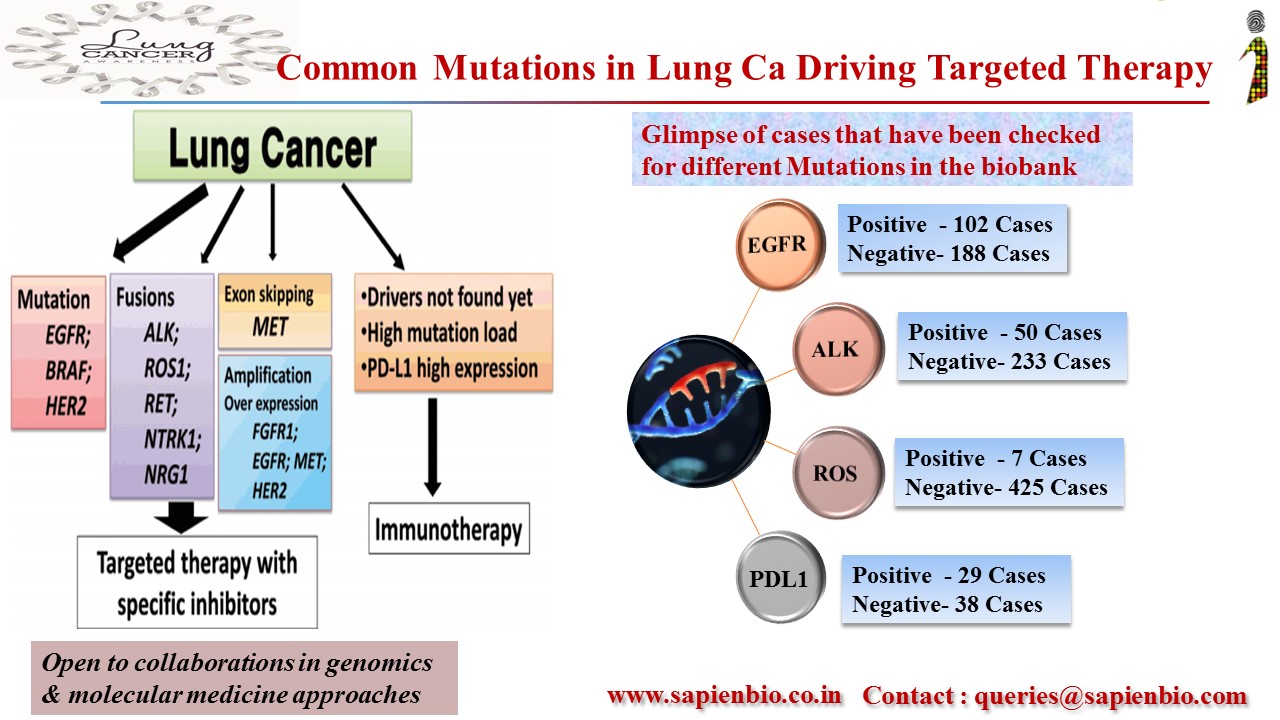

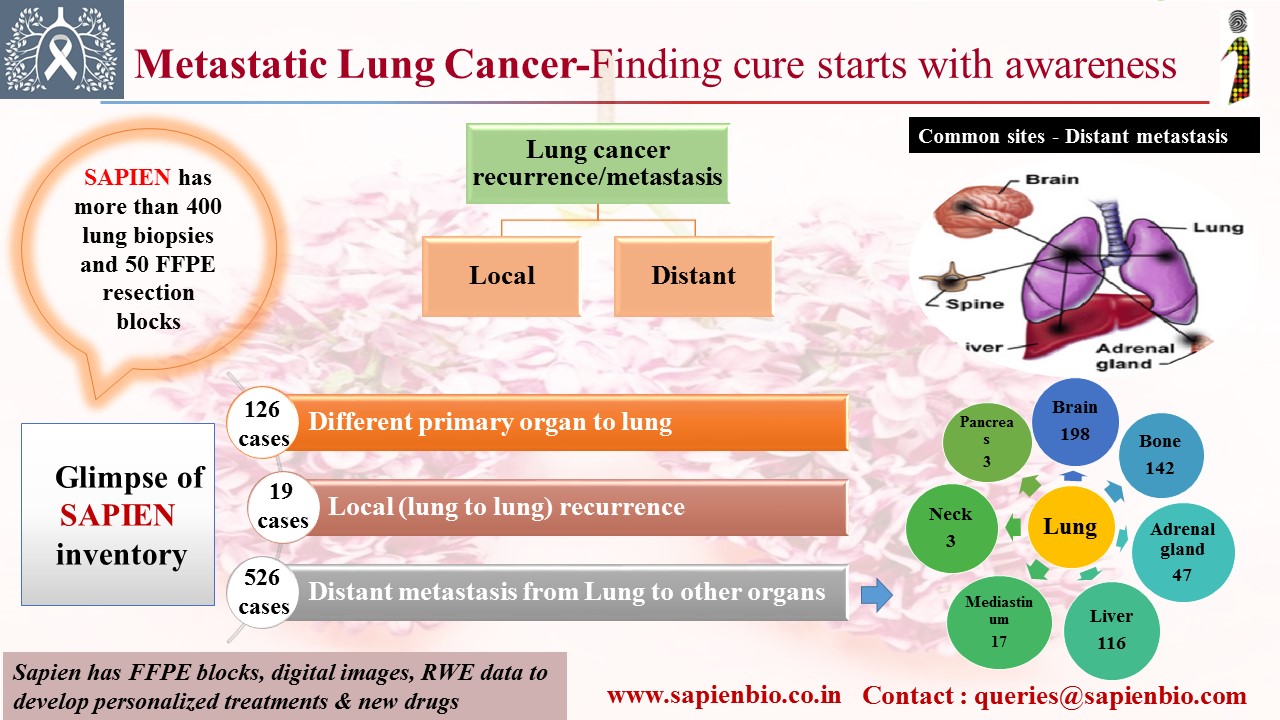
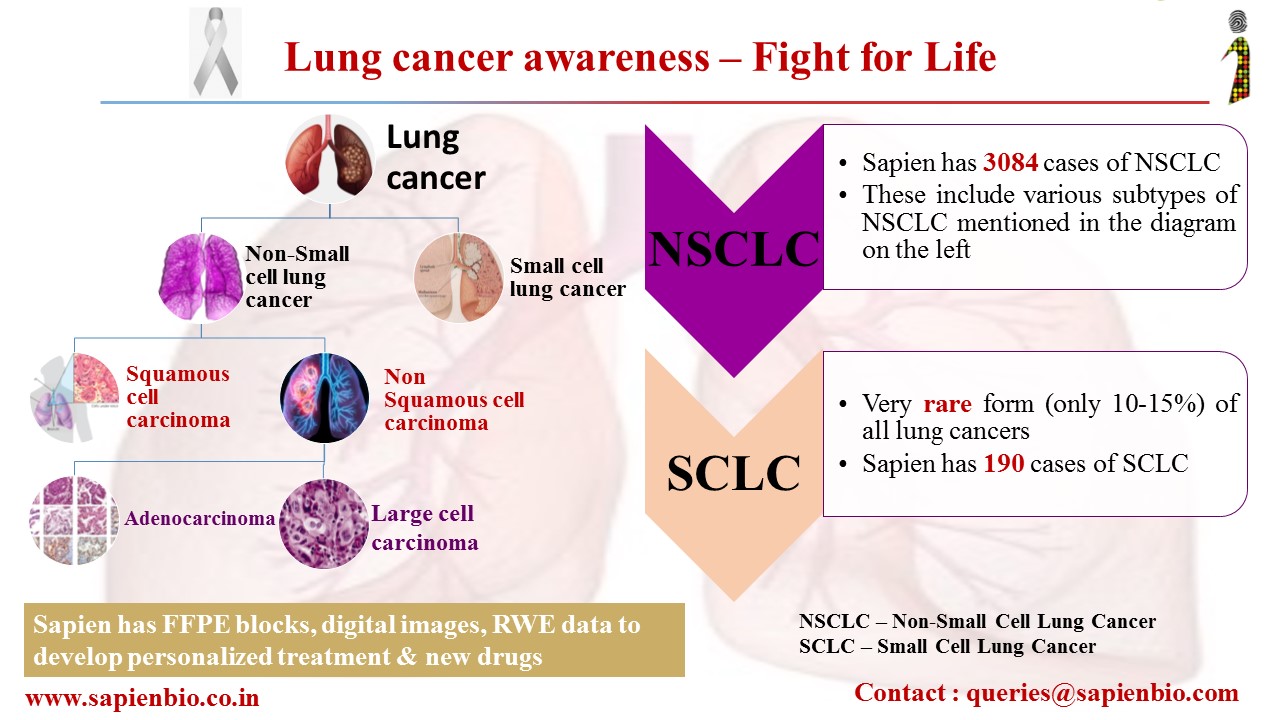


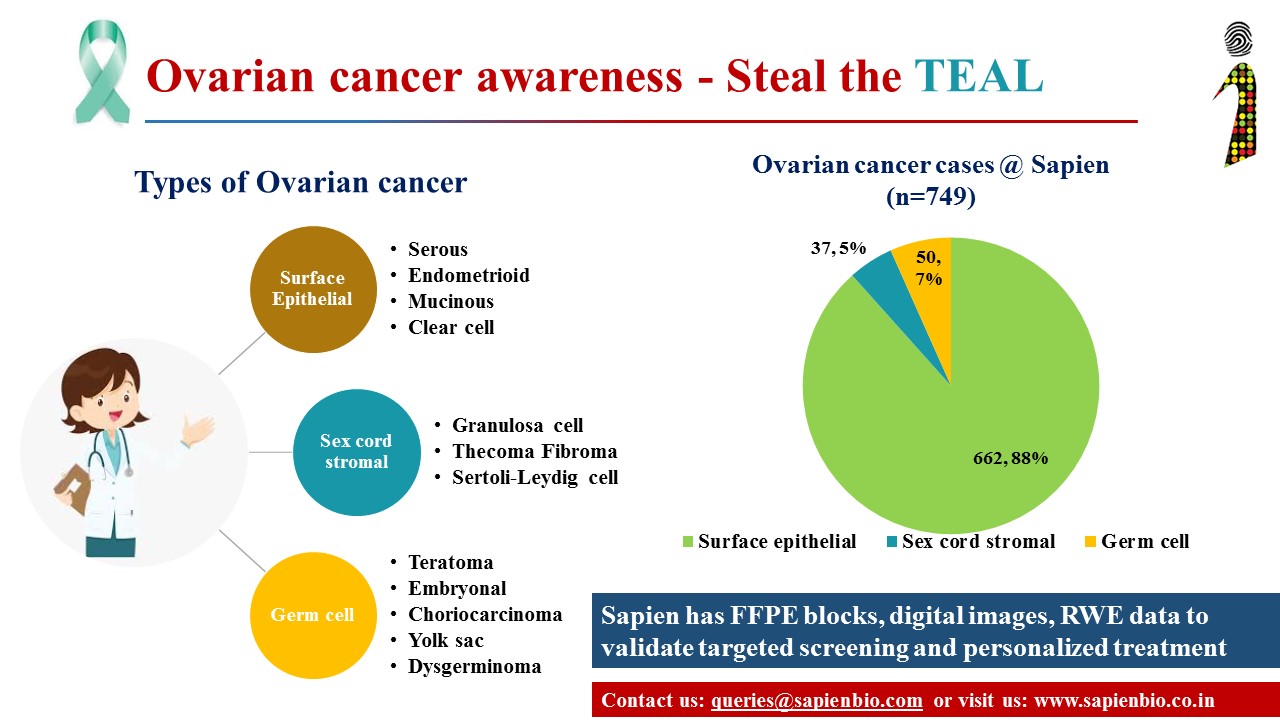

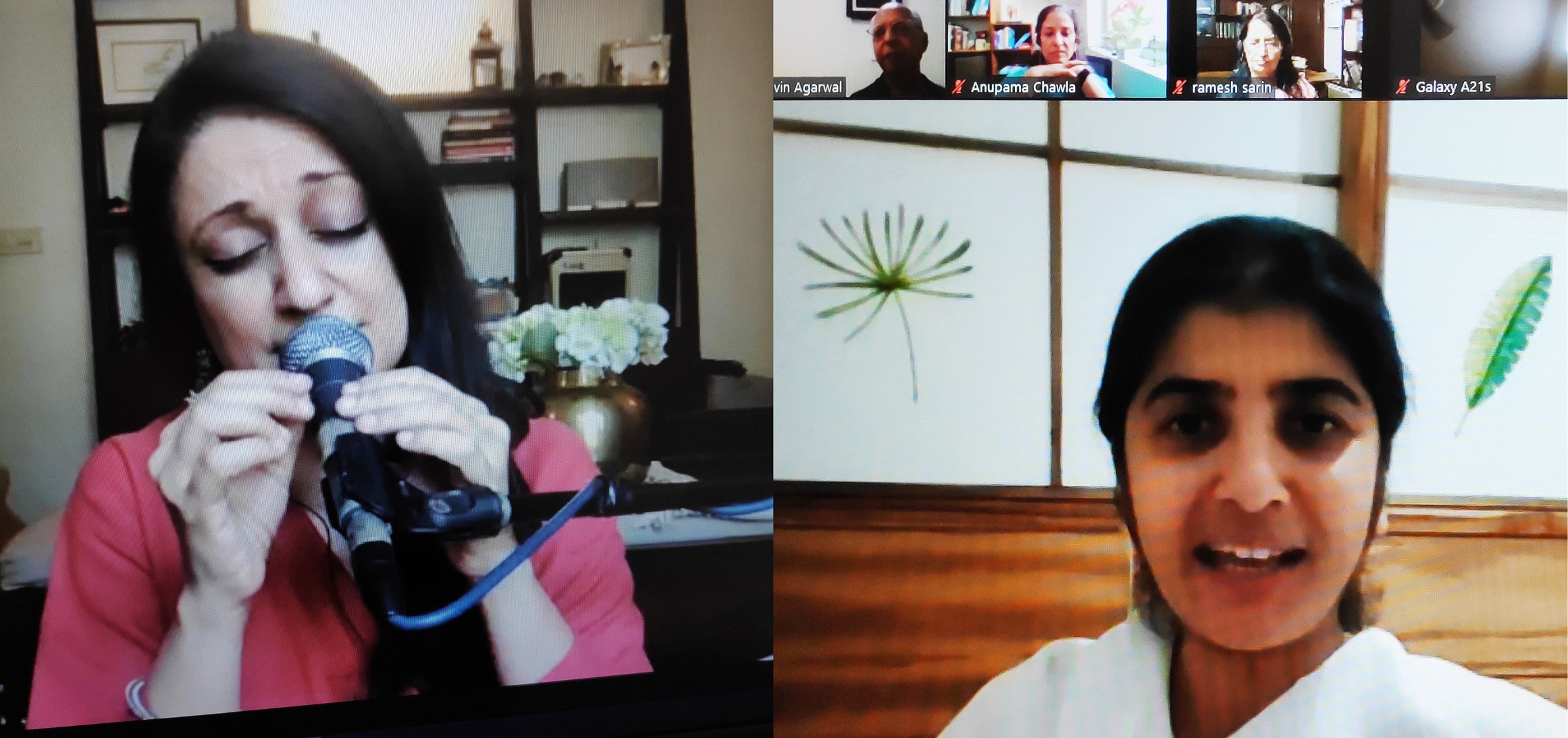
Recent Comments